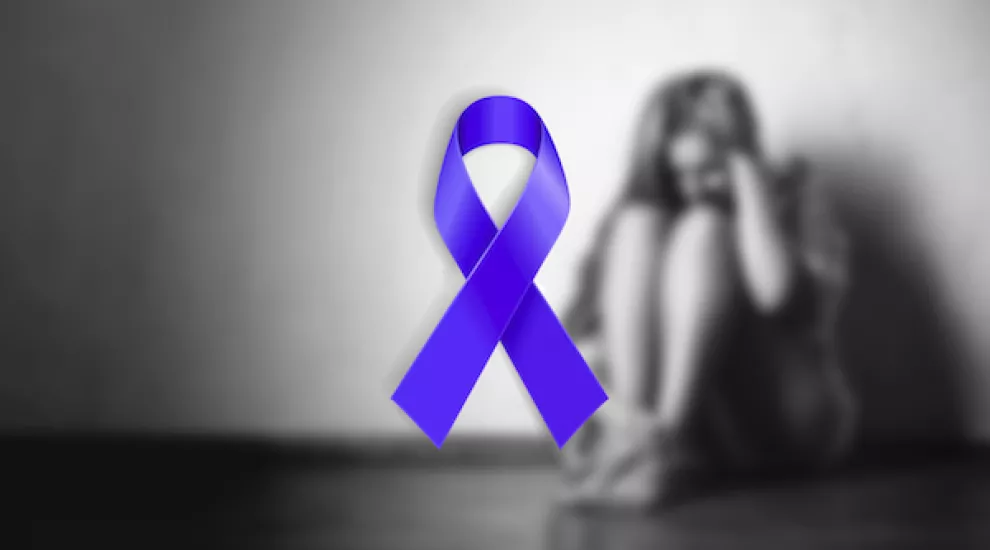
In this first episode of a series of original podcasts by Palmetto Scene, hosts Katie Geer and Brittany Braddock speak with community and national leaders about intimate partner violence and how it is impacting the state.
What is the issue in S.C.?
South Carolina made the news this month when a new study from the Violence Policy Center showed that S.C. was once again the number one most murderous state for women in the nation. This is the fourth time the state has held this position, and S.C. has repeatedly landed in the top ten spots every year for the last ten years. The study showed that "94 percent of women killed by men were murdered by someone they knew. Of the victims who knew their offenders, 62 percent were wives or other intimate acquaintances of their killers." The study revealed that 57 women had died in the state at the hands of an intimate partner, which is more then twice the national average. For more information about what relationship abuse is, check out SCCADVASA.
What is SCETV doing to bring awareness?
Palmetto Scene will be releasing a series of original podcasts which looks into issues surrounding intimate partner violence hosted by Palmetto Scene's Katie Geer and SCETV's Brittany Braddock. Each podcast looks into a relevant issue around IPV and will include talks with state and national advocates, survivors, psychologists, religious leaders, and politicians to try to better understand why this issue is such a big problem in the state and what you, as a listener, can do to help prevent these issues from continuing. At the end of October, which is intimate partner awareness month, Palmetto Scene will air a special Palmetto Scene, in which the whole show will look at IPV across the state and how leaders and communities are fighting this issue in your own backyard.
Why is it now called IPV?
In the midst of making the podcast series, there was a switch in terminology used to describe relationship abuse on a national and state level. In the past, criminal domestic violence and the common abbreviation CDV were the terms most often used to describe abuse that occurred in a legally recognized relationship. And while many advocacy groups recognized that this term could be applied to others that were in a romantic but not domestic relationship, the legality of trying to charge someone you weren't domestically bound to presented obstacles for victims. The switch to using the term intimate partner violence and the abbreviation IPV is becoming more common now, as governments and organizations try to spread the awareness that it isn't just a married couple's issue, or couples that have children together, that it now applies to anyone in a romantic relationship. Throughout the podcast series, the terms CDV and IPV are used interchangeably but are meant to refer to the same type of relationship abuse.
What if I am the one that needs help?
We want this series to be informative and educational to the citizens of S.C., but we also want to provide resources for those who find themselves in a battered situation. We understand that these situations are often complicated and can be dangerous. But as Ruth Glenn of Sistercare, a Columbia area women's shelter, said, "The main thing is to remember you are not alone. There are women and men who have been through it and are there for you. You just have to take that first step and reach out for help. And trust me, help is there for you." A quick Google search can render many resources at your disposal. For understanding your rights under the new S.C. intimate partner violence law, you can go here. The Department of Social Services also provide resources, area shelters and childcare help. The S.C. Attorney General's office has an appendix listed on their website, where you can find area shelters and programs to help you.
I know someone who needs help. What do I do?
Knowing someone who needs the help, but not sure what to do to help them can be a very tough situation. Your local area shelters have great resources for concerned friends and family. According to the Sistercare tips section, it is important that you don't give up hope on those you want to help, and that you let them know that no matter what they decide, you will be there for them.
We hope you will follow our broadcast on this very serious issue that is facing S.C. Follow PalmettoScene on Twitter for more information and direct links to the podcasts.
Use the hashtag #scsaysnomore to follow the series.